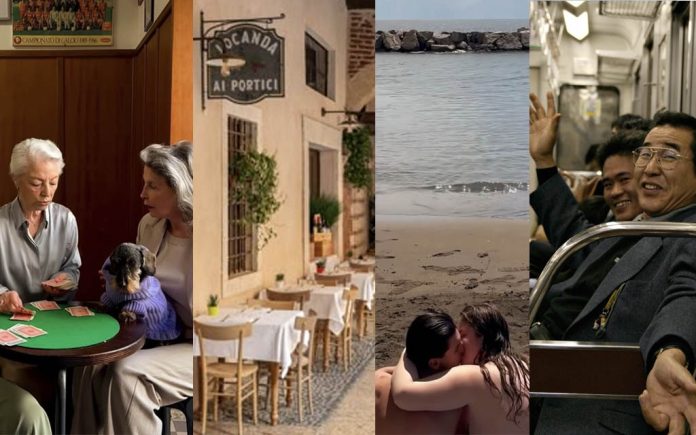
CLANCY OVERELL | Editor | CONTACT
As the nation’s cost-of-living crisis and inflation numbers slowly come under control, it appears that anyone with a bit of cash is once again taking part in the great Australian past time:
That is, travelling anywhere but Australia.
With Japan now Australia’s number one summer destination, and Continental Europe holding strong as the preferred winter escape, social media accounts dedicated to ‘Travel Inspo’ or ‘Travel Porn’ are more popular than ever.
Also popular in the glossy magazine medium, travel photography and travel journalism is one of the most booming forms of lifestyle media in Australia.
Right around the country, both young and old Australians are dedicating hours to planning travel itinerary based around the aspirational images they see on Instagram and in magazines.
These photographs include sun down lovers on rocky beaches, or old people playing cards in a continental cafe full of ash trays and espresso machines, or well-dressed and cheerful white collar commuters smiling at each other on public transport.
It’s a way of life that Australians can only dream of nowadays, ever since every single metric centimetre of this country was sterilised by the hysterical and politically manipulated property bubble.
The idea of urbanised al fresco settings with ash trays and bottles of wine decorating every table are a long lost relic of Australia’s cities.
With insurance premiums and over policing, the street performers and restaurant showbands are a thing of the past too.
Gone of the days of stumbling across an unknown Australian beach town with a decent cafe just metres from a timber boardwalk overlooking blue crystal ocean.
In fact, not even the inland rural towns are safe from the social cleansing of Australia’s property hysteria, with the once quaint villages of regional Victoria and the Blue Mountains now silenced by boomer-owned Airbnbs.
The red light districts, that once provided cheap hotels for backpackers and group holidayers, have been replaced by ever-changing gym franchises and mid-tier fast food outlets.
The once universally accessible beach destinations like Bondi and the Gold Coast are merely land-banking assets for both foreign and retired property investors. It’s a scourge that has made two weeks in Europe a cheaper experience than two weeks in a Sydney hotel.
These once world-renowned domestic travel spots no longer appear in travel magazines or even on social media posts, and the only photographs that exist of the places are reserved for the multi-million dollar property listings that keep Australian media afloat.










